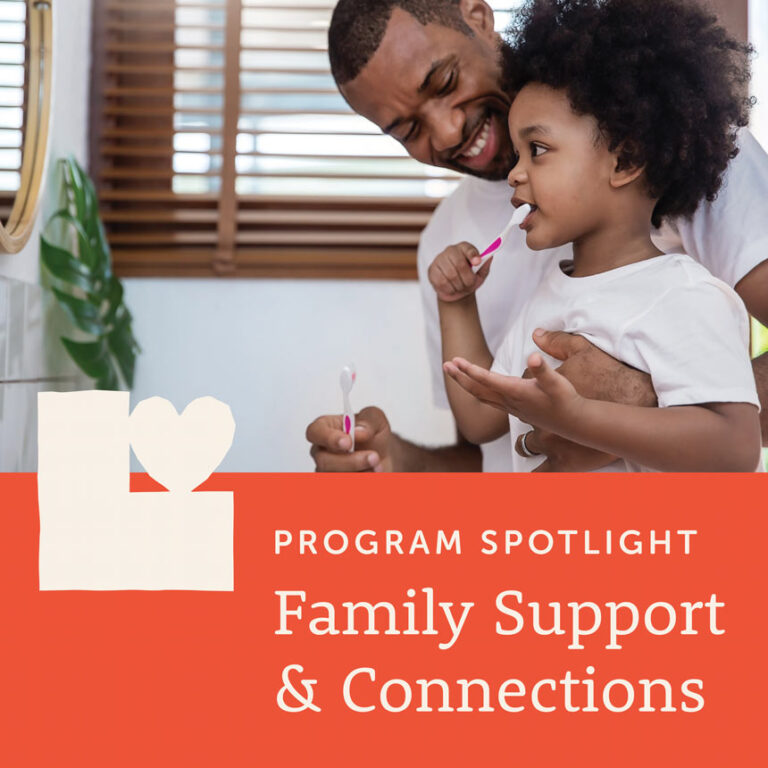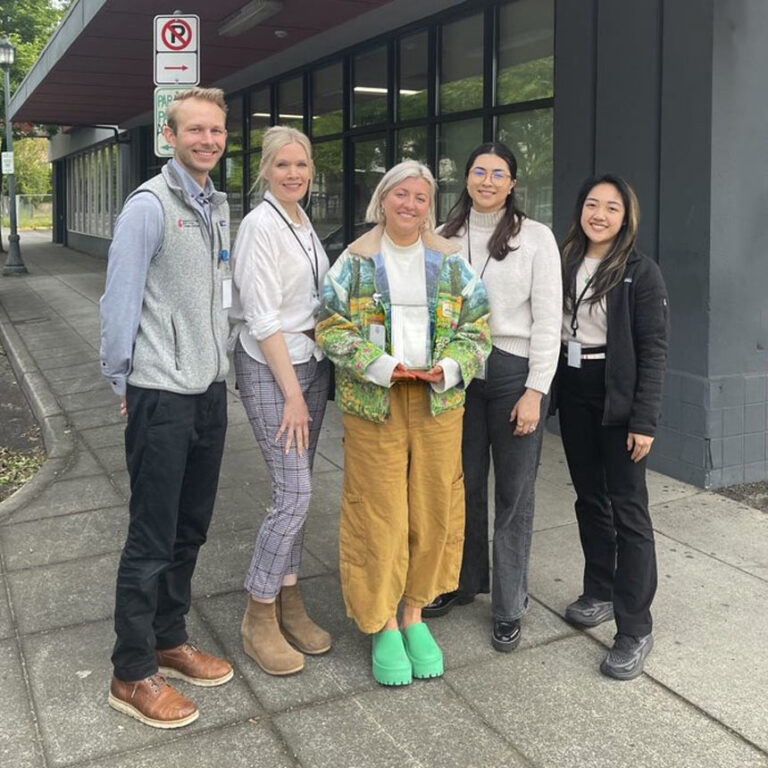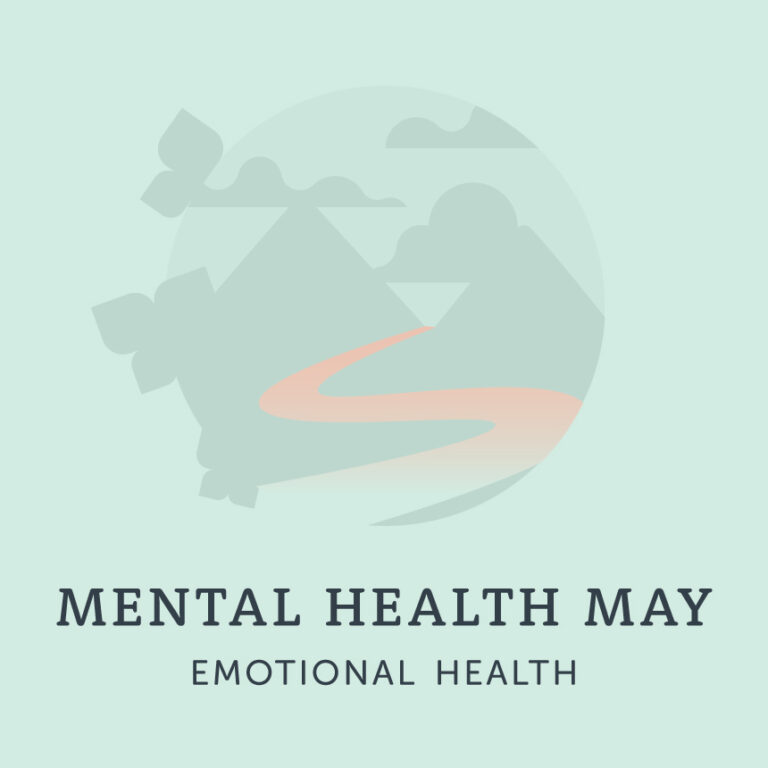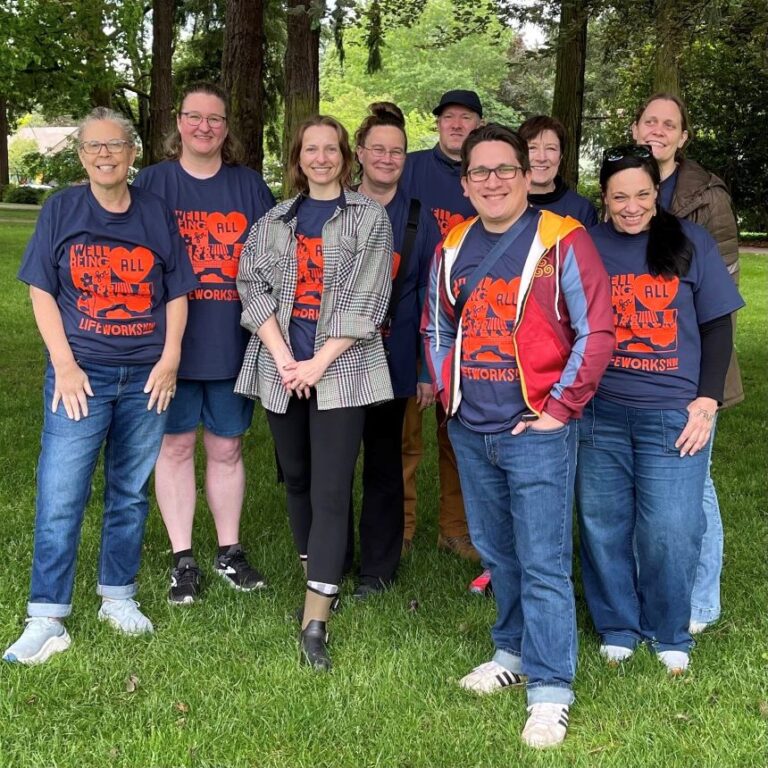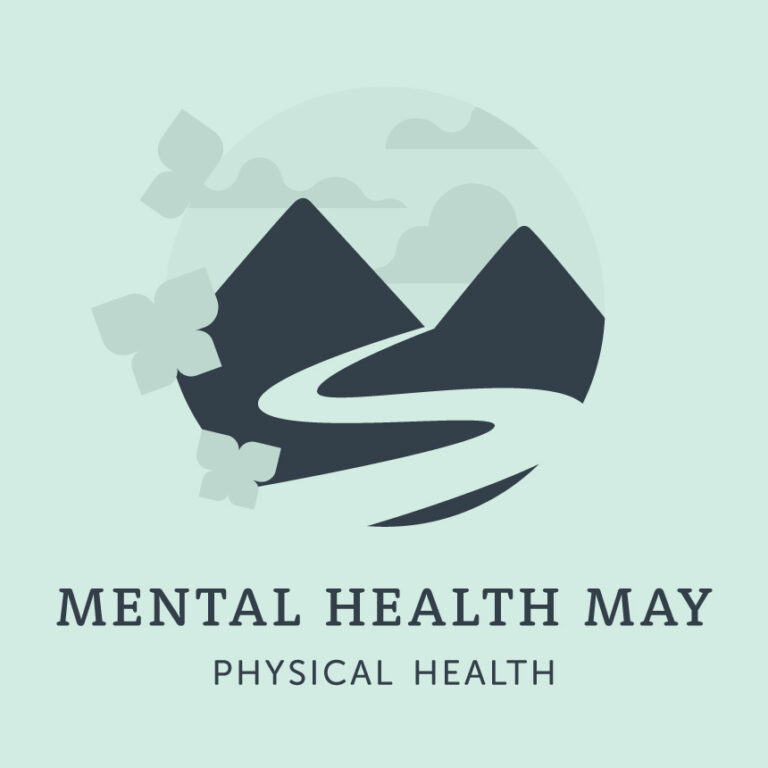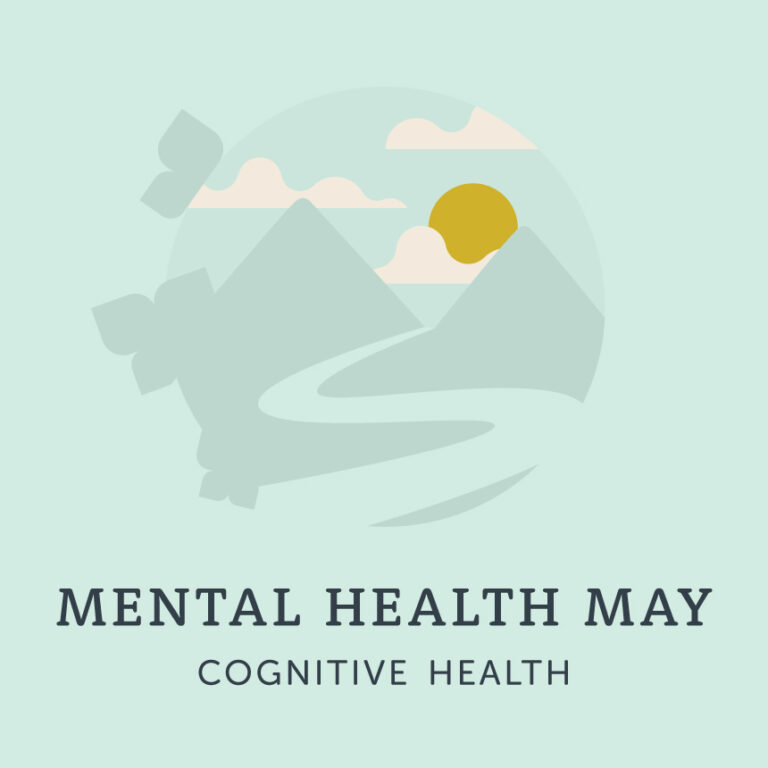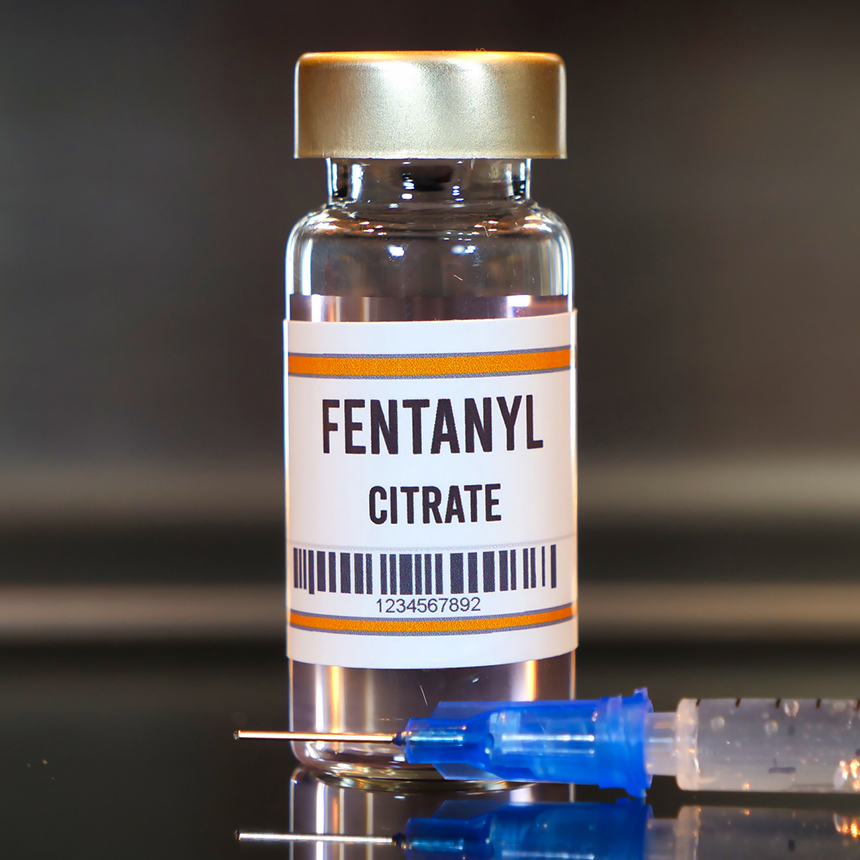
What is Fentanyl?
Fentanyl is a synthetic opioid, which is a class of pain-relieving drugs. Its original purpose was as a painkiller for medical surgeries. Over time, its use has been warped into something dangerous because it has chemical properties that allow people to modify it for enhanced potency.
Specifically, Fentanyl’s central chemical structure has more than one area that can be substituted with different chemicals – creating more and greater effects than before. Carfentanil is an example of one of these substitutions, 100 times more potent than Fentanyl. Acetyl fentanyl is another example. While only a third of the potency of Fentanyl it is still driving users to overdose annually.
In today’s market, Fentanyl is a dominating force in the illicit opioid supply. It is 50 times more potent than heroin and 100 times more potent than morphine. For people who suffer from opioid addiction, it is hard to resist.
Fentanyl in the Drug Market
Fentanyl has been used as a popular supplement to illicit drugs as long ago as 1979. Since its introduction to the market, its contribution to the increased overdoses has become more and more significant. In recent years, the number of drug overdose deaths has nearly quadrupled in size, from 8,050 in 1999 to 33,091 in 2015 according to the CDC. More than 100,000 Americans died from May 2020 to April 2021 alone, with over 64% of these deaths caused by synthetic opioids like Fentanyl.
Its role becomes clear when you realize how Fentanyl is used alongside other substances. Often Fentanyl is laced with other drugs so dealers can sell smaller quantities of a drug at a higher margin and keep the product’s level of effect where buyers expect. The danger is not just the drug, it’s the other ingredients too.
Bulking agents are common in Fentanyl-laced substances. Ingredients like baking soda or flour may be added to give the impression a customer is getting more product for their money.
These tactics are clearly motivated by profit and lead to very serious health consequences. By selling less of the desired drug and bulking it with Fentanyl and other ingredients, customers continue to use, perpetuate their addiction, and contribute to the yearly toll of overdoses and overdose deaths. This cycle must be stopped.
Overdose Prevention
So, how can we begin to fight this problem? There are many ways we can be active against it.
First, we should begin to distribute Naloxone to those who need it, providing a chance to reverse the effects of an overdose should one occur. Naloxone has the power to save lives. Both Naloxone and training on using it should be more readily available.
Second, we could make treatments to manage opioid addiction such as methadone and buprenorphine more available. This helps minimize addiction symptoms and cravings, and can empower users to decrease drug use with support.
Finally, we have to call on the transformative abilities of proper addiction treatment to help users understand their illness, work towards a substance-free lifestyle, and support one another in being clean. Addiction is an illness that must be addressed as an illness, with treatment and support.
LifeWorksNW Will Help
LifeWorksNW provides excellent addiction treatment services for those struggling to gain control over their substance addiction. We know it’s a hard battle, but it’s a battle we’re willing to fight with you.
If you or a loved one desire to start healing from addiction, please don’t hesitate to contact our compassionate team. We have over 60 years of experience helping individuals in the greater Portland area, and we’re ready to help those who need it.
For more information on the symptoms of drug use or to begin your healing journey with an addiction treatment program, please visit our website to receive unrelenting support.




